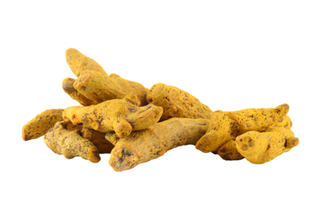Ingredients
Cinnamon Oil
Cinnamon into your daily routine, you can enhance your overall health and well-being while enjoying its delightful flavor.
Cinnamon, known as "Tvak" in Ayurveda, is the highlight of our Cinnamon Collection and has been a revered spice and medicinal herb for centuries. Its warm, sweet, and aromatic nature makes it a versatile ingredient in culinary and therapeutic practices. Derived from the inner bark of trees belonging to the Cinnamomum species, it is widely recognized for its health-boosting properties. Ayurveda categorizes cinnamon as light (laghu) and dry (ruksha), with heating qualities (ushna virya), making it effective in balancing Kapha and Vata doshas.
Ayurvedic Uses of Cinnamon:
- Digestive Aid: Cinnamon stimulates digestion, reduces bloating, and enhances appetite.
- Blood Sugar Regulation: It helps in managing blood sugar levels and is beneficial for individuals with diabetes.
- Respiratory Health: Its warming nature aids in relieving cold, cough, and respiratory congestion.
- Cardiovascular Benefits: Improves circulation and reduces bad cholesterol, supporting heart health.
- Antimicrobial Properties: Effective against bacterial, fungal, and viral infections.
- Pain Relief: Alleviates muscle and joint pain due to its anti-inflammatory properties.
- Skin Health: Helps in treating acne and enhances skin texture when used topically.
How to Use Cinnamon in Ayurveda:
- Tea/Infusion: Boil cinnamon sticks in water and drink to soothe colds and digestive issues.
- Powder: Add to honey or warm milk for improving metabolism.
- Topical Paste: Mix with honey and apply to skin for treating acne.
- Oil: Cinnamon is often used in Ayurvedic Oil blends for massages to relieve pain and improve circulation.




